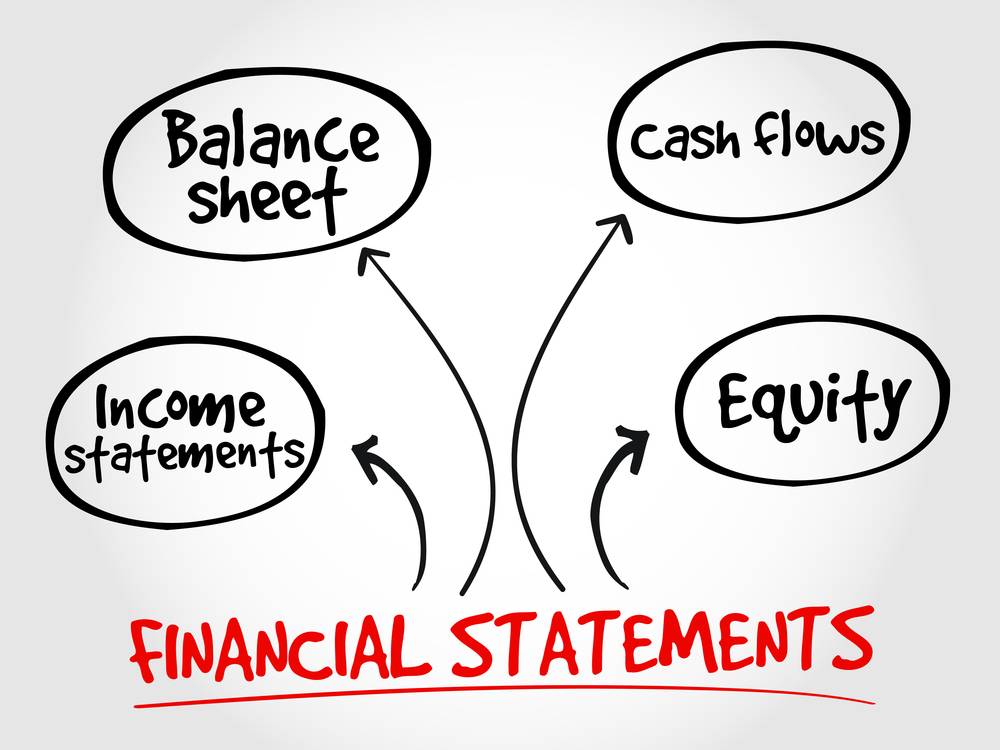User Intent
Business owners, entrepreneurs, accountants, and finance professionals often seek guidance on preparing a company’s financials. This article provides a step-by-step approach to preparing financial statements while ensuring accuracy, compliance, and financial clarity.
Introduction
Financial statements play a crucial role in showcasing a company’s financial health. They help stakeholders, investors, and regulators understand the company’s profitability, liquidity, and overall stability. However, preparing financials requires meticulous record-keeping, proper categorization of transactions, and adherence to accounting standards.
In this article, we will walk you through the step-by-step process of preparing a company’s financials efficiently.
Definition
Financials refer to the formal records of a business’s financial activities. These records include:
- Income Statement (Profit & Loss Statement): Shows revenue, expenses, and profit/loss.
- Balance Sheet: Provides a snapshot of assets, liabilities, and equity.
- Cash Flow Statement: Tracks cash inflows and outflows.
- Statement of Changes in Equity: Displays changes in the company’s equity over a period.
These statements help in decision-making, financial planning, and compliance with tax regulations.
Application: How to Prepare Financial Statements?
Step 1: Gather Financial Data
Start by collecting all financial transactions, such as sales, purchases, payroll, loans, and investments. Ensure that these transactions are recorded correctly in accounting software or ledgers.
Step 2: Categorize Transactions
Classify transactions under relevant accounts such as revenue, expenses, assets, liabilities, and equity. Use double-entry accounting to maintain accuracy.
Step 3: Prepare the Trial Balance
A trial balance helps verify that total debits equal total credits. If discrepancies exist, recheck ledger entries for errors.
Step 4: Adjust Entries
Make necessary adjusting journal entries for accrued revenues, prepaid expenses, and depreciation to reflect accurate financial data.
Step 5: Generate the Financial Statements
- Income Statement: Summarizes revenues and expenses to calculate net profit or loss.
- Balance Sheet: Lists assets, liabilities, and shareholder equity.
- Cash Flow Statement: Shows operating, investing, and financing cash movements.
- Statement of Changes in Equity: Records retained earnings and share capital changes.
Step 6: Review & Audit
Cross-check figures for accuracy, verify bank reconciliations, and ensure compliance with GAAP or IFRS standards.
Step 7: Finalize & Present
Once verified, finalize the financial statements and present them to stakeholders, investors, or regulatory bodies.
Benefits of Preparing Financials
1. Decision-Making Support
Accurate financials help business owners and managers make informed decisions regarding investments, expansions, or cost-cutting.
2. Compliance & Legal Requirements
Properly prepared financials ensure compliance with tax laws, corporate regulations, and audit requirements.
3. Investor & Stakeholder Confidence
Clear financial records improve transparency and attract investors by showcasing business profitability and stability.
4. Better Cash Flow Management
Understanding cash inflows and outflows helps in managing liquidity and avoiding financial crises.
Limitations of Financial Statements
1. Historical Data Dependency
Financial statements reflect past performance and may not always indicate future potential.
2. Non-Monetary Assets Exclusion
Intangible aspects like brand value, employee skills, and customer satisfaction are not recorded.
3. Subject to Manipulation
Companies can use accounting tricks (e.g., revenue recognition policies) to present financials more favorably.
4. Inflationary Effects
Financial statements do not always adjust for inflation, potentially distorting asset values.
Comparative Table: Benefits vs. Limitations
| Benefits | Limitations |
|---|---|
| Supports decision-making | Relies on past data |
| Ensures legal compliance | Excludes non-monetary factors |
| Enhances investor trust | Can be manipulated |
| Improves cash flow management | Doesn’t consider inflation effects |
Conclusion
Preparing financials for a company requires accurate record-keeping, proper classification of transactions, and compliance with accounting standards. While financial statements provide valuable insights, they also have limitations. By following a structured approach, businesses can ensure transparency, credibility, and financial stability.
Frequently Asked Questions (FAQs)
1. What is the most important financial statement?
The income statement is crucial as it shows the company’s profitability, but all financial statements together provide a complete financial picture.
2. What are common errors in financial statement preparation?
Errors include data entry mistakes, incorrect categorization, missing transactions, and unadjusted entries.
3. How often should financial statements be prepared?
Most businesses prepare financials monthly, quarterly, or annually, depending on compliance requirements and management needs.
4. Can small businesses prepare financials without an accountant?
Yes, small businesses can use accounting software like QuickBooks or Xero, but seeking professional guidance ensures accuracy.
5. What happens if financial statements are inaccurate?
Inaccurate financials can lead to legal penalties, loss of investor confidence, and poor business decisions.

